
Body Language Storytelling Relay Teamwork Exercise
This exercise helps delegates improve their ability to communicate and interpret stories using body language alone. It promotes creativity, teamwork and a deeper understanding of how much can be ex...
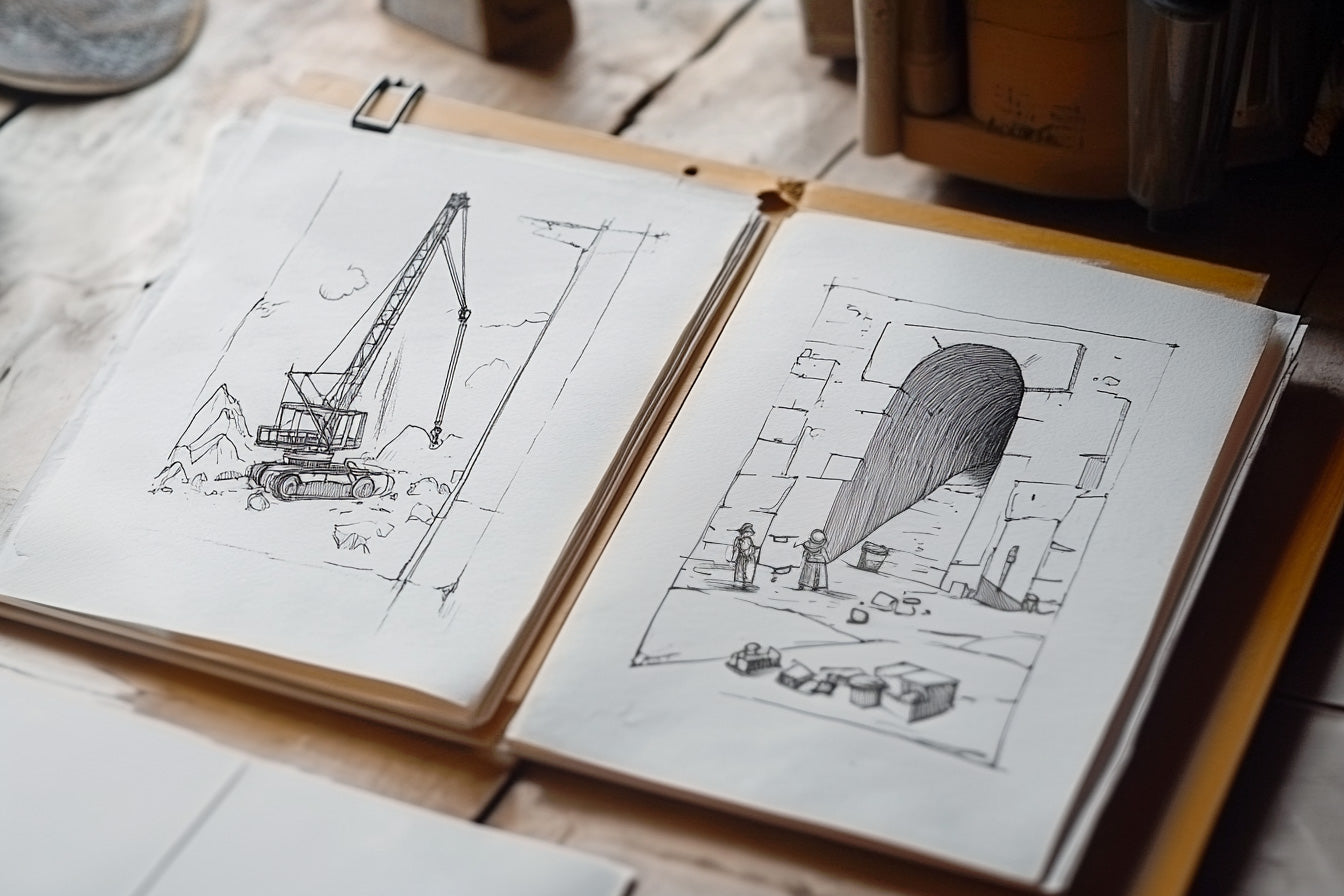
The Silent Storyboard for Visual Communication and Focus
This exercise develops delegates’ ability to communicate complex ideas and stories purely through visual elements. It improves their focus on details, enhances their storytelling skills, and encour...
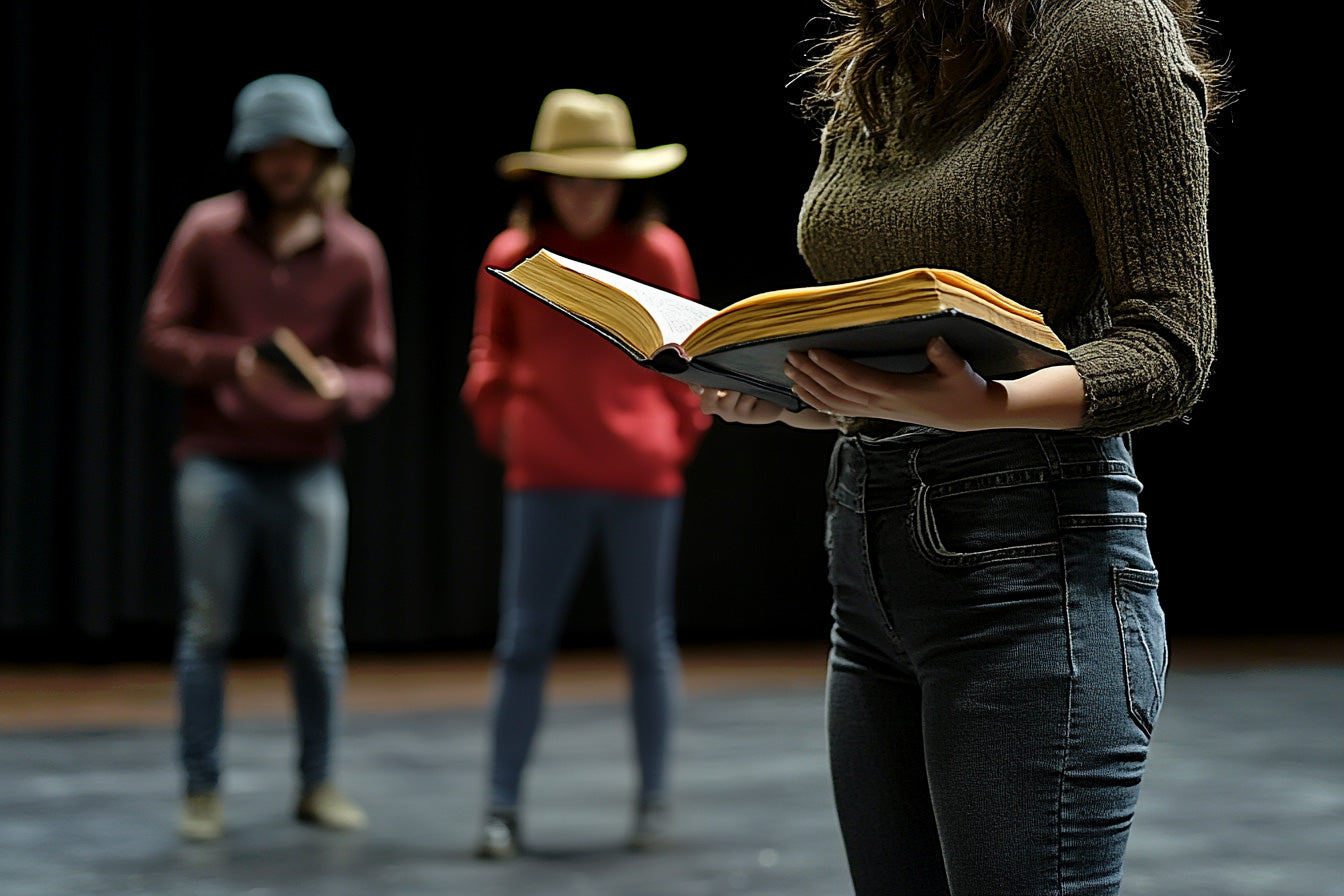
Acting Through Objects with Non-Verbal Expression
This exercise encourages participants to develop non-verbal communication skills and creative expression by focusing on the emotional and relational significance of objects. By interacting with a r...
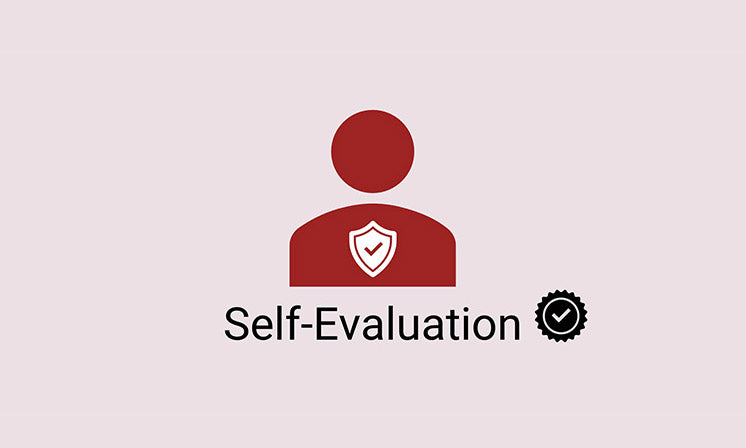
Powerful Questions That Help You Evaluate Your Training Performance
You have just finished delivering a course. Most trainers tend to be relieved that it is now out of the way, that there were no major technical issues, and, hopefully, most learners liked the cours...
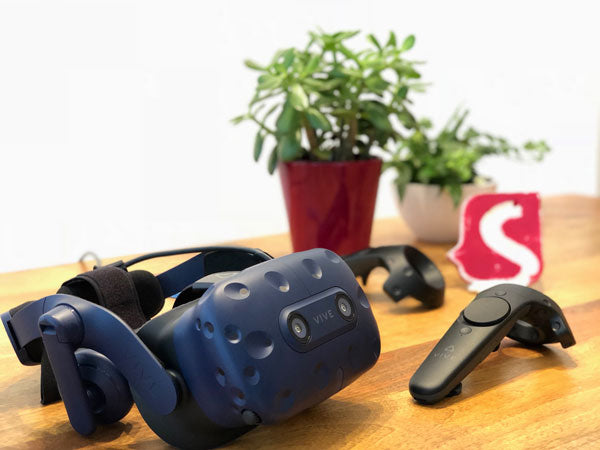
What Virtual Reality Can Do for Soft Skills Training
The new age of virtual reality (VR) is upon us. We are still at early stages of VR development, but the field has shown a strong promise. Of all the new technologies that we are about to fully expe...

Emotional Intelligence Exercise: Making Eye Contact
This exercise helps delegates to understand and appreciate the power of eye contact and how it can affect emotional connection and emotional states. It is ideal in teaching emotional intelligence, ...
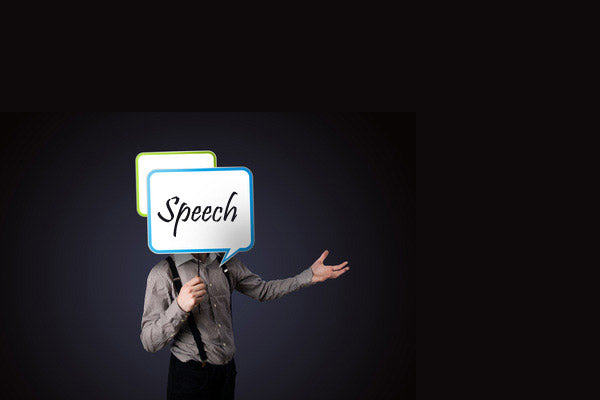
Acting Exercise: Impromptu Delivery
This entertaining exercise helps delegates practice their acting in front of an audience. Each person will be required to deliver a speech about a given topic. You can vary the exercise by expectin...

Body Language Exercise: Write the Gestures
The aim of this exercise is to get the delegates think about body language and gestures and observe how such signals can be instrumental while communicating. The training exercise illustrates the i...

Story Telling Exercise: Design a Story and Act It
This is an entertaining and creative exercise which can serve a variety of purposes. You can use it for subjects such as story making, storytelling, communication skills, acting and creative writin...

Body Language Exercise: Observe People in Everyday Situations
Use this body language exercise at the beginning of a session before covering non-verbal communication. The aim is to find out how much delegates already know about this topic and effectively prepa...

Body Language Exercise: How to Slow Down Your Fast Talking Habit
Some people are fast talkers. They like to talk with the same speed as they think. In the process fast talking people end up mumbling a lot, shortening sentences, rounding off parts and skipping wo...

Body Language Exercise: Guess the Initial Mood
This exercise helps illustrate an important point on body language. As soon as we see a person, we read their body language quickly to establish their mood and we can be fairly good at this. The pr...

Public Speaking Exercise: How to Appear Confident by Adjusting Your Body Language
Many people find public speaking daunting. They get butterflies in stomach, feel nervous and sometimes simply refuse to give a public presentation when they can get away with it. It doesn’t have to...
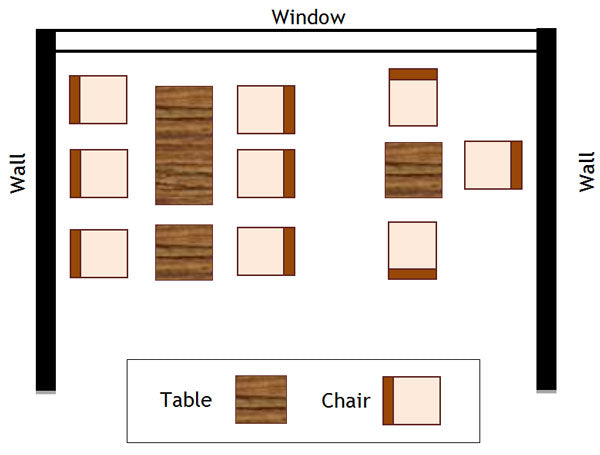
Reading Body Language: Sitting Positions
Humans are predictable. Magicians have taken advantage of this predictability for generations. Knowing how to read people helps you significantly in your negotiations, persuasions and overall commu...
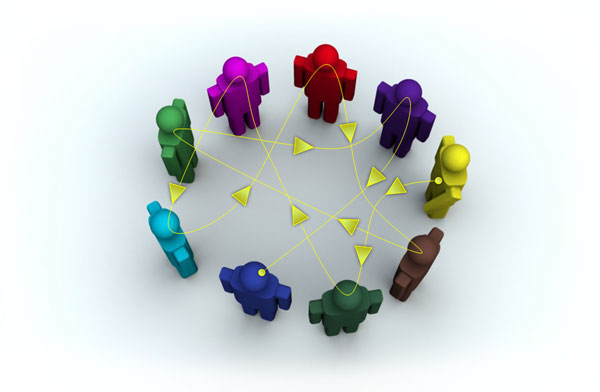
Purpose Sometimes a little action can lead to a lot of change as the actions are amplified. This exercise helps delegates see this effect in a symbolic exercise on gestures on what is famously kn...

Acting Exercise: Act For Your Group Until You Win
This exercise helps participants to practice acting in front of a small audience. The ideal acting is one that conveys information as quickly and efficiently as possible. People need to think of id...

Team Building Exercise: Shrinking Platform
This is a simple yet challenging teambuilding game which puts pressure on a group to solve a problem as the clock is ticking. The shared problem solving can help to improve relationships and encour...

Non-Verbal Awareness Exercise: Use Your Senses
The purpose of this activity is to help delegates examine their non-verbal and non-visual senses and build their confidence in sensing and reading others. It demonstrates the power of people's cons...









